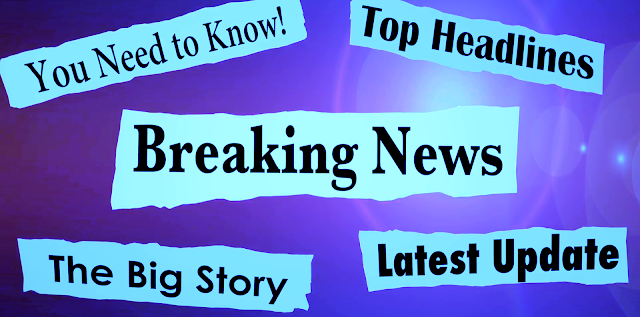What Role Has Each Social Platform Played In The Spread of True, or False News?
Twitter, Facebook, Reddit — as well as other social media platforms such as Snapchat and Tumblr — now show the full picture of our online news, according to a University of Waterloo study published today in PLOS ONE. The research, led by university professor Jordan Sinclair, used the platform to collect social media data across 3,000 news articles published between January 2018 to October 2019.
Their analysis, which examined Facebook comments, tweets, website posts and direct mail to determine the public's perspective on the health situation. Sinclair and his team also analyzed the content of Google search results for the same 3,000 news articles.
The results confirmed their hypothesis, that while many social media platforms are useful to consumers, they are not the main source of information on health and disease related topics.
Sinclair's team found that of every 100 news articles from January 2014 to October 2013 they collected for analysis, nearly 75 per cent were sourced from blogs, websites and other social media websites.
Although social media did not necessarily contribute to the spread of the news the way it did the news of the coronavirus, most websites — particularly the BBC and the Huffington Post — contained a disproportionate amount of information and, in some cases, promoted misleading information.
The study highlighted the importance of social media in informing the public through both news and opinion, because misinformation can have devastating consequences, Sinclair said.
"This results can be translated into a broader public health message of 'trust us, we think there is evidence for this,' and 'if you want help, check the source of what you're seeing online.'"
For example, many of the articles referenced a government-controlled media report which linked the virus to a number of health risks in Australia and even the country's prime minister Tony Abbott.
"This media report was not the truth, and its use by the media amplified and amplified the false information it was promoting. It promoted misinformation that had a wide audience. It then was picked up by a number of health care organisations across Australia, and it influenced public opinion and public health interventions, both in Australia and internationally," Sinclair said.
Sinclair said he's surprised at how prevalent the misinformation was on social media.
"It is surprising that so many of the articles on health care are so easily disseminated via social media; that is why a paper like ours is so important — it is a window into how quickly misinformation can spread."
----
Author: Jurang Lang
